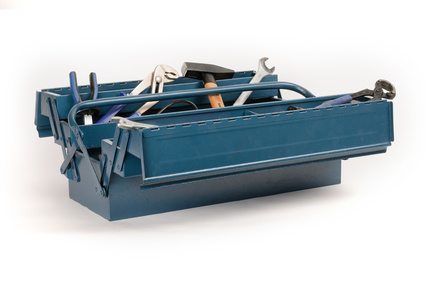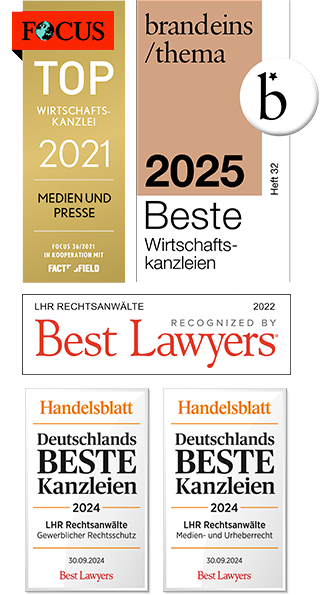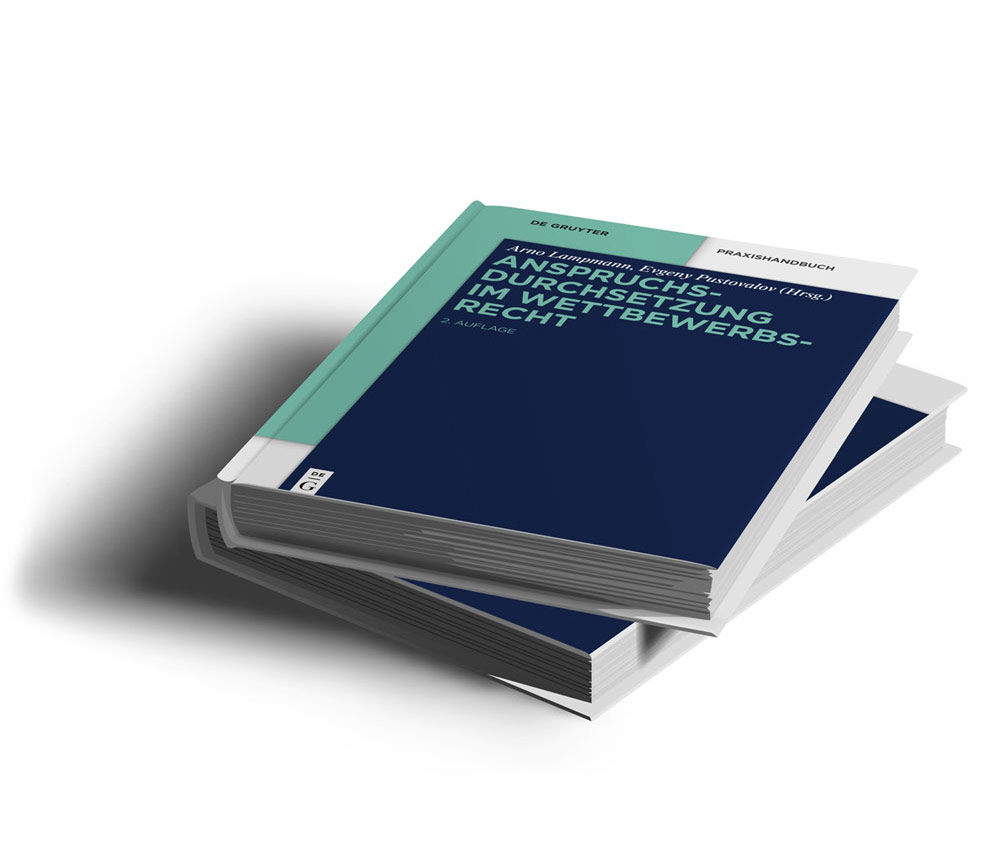If the bailiff does not serve the second page of the application – On the difficulties of interim injunction proceedings, Part 2

The Berlin Regional Court has recently rejected an application for a temporary injunction (LG Berlin, Urteil v. 7.8.2018, Az. 103 O 25/18, nicht rechtskräftig).
The decision is interesting. However, not with regard to substantive legal issues, but to the procedural peculiarities of the preliminary injunction proceedings – in this case the enforcement requirement, which the applicant failed to meet due to an error by the bailiff.
Asserting claims for injunctive relief is not easy
The assertion of claims for injunctive relief, as described in the Trademark law, Competition law, Copyright and Personal rights are mainly the subject of disputes is difficult.
Firstly, there is the drafting of the application. In industrial property law, the application for injunctive relief is the core of the procedural approach and is the source of numerous errors in practice. Incorrect wording can – as in general civil law – lead to the court seized rejecting the application in the event of a Excessive demand – with the corresponding cost consequences – partially rejects the claim or, if it falls short of the statutory claim too little is awarded.
Furthermore, in the case of an application for injunctive relief, there is also a great risk that, due to formulation errors, it completely fails to address the creditor’s claim or justified request and is therefore considered a unfounded must be rejected. After all, in practice it is not uncommon for applications to be rejected simply because they are based on Indeterminacy are inadmissible.
The preliminary injunction procedure is complicated
Furthermore, a large proportion of disputes in the field of intellectual property are not settled in court proceedings, but in the preliminary injunction proceedings and finally settled in the so-called final proceedings. In view of the short limitation and urgency periods that must always be observed and numerous special provisions, the enforcement of injunctive relief claims in summary proceedings often fails for formal reasons alone, even if the legal situation is clear.
An elementary prerequisite for a temporary injunction is the Urgency of the matter, the range of which is between 1 and 3 months depending on the court seized. There is a rebuttable presumption in favor of the creditor. However, if the debtor can show that the creditor knew or should have known of the infringement earlier, the application for an injunction must be rejected regardless of the substantive legal situation.
Interim injunction proceedings are not for beginners. Even the most beautiful substantive claim can quickly crumble costly due to small mistakes. In the following four articles, we have already highlighted some of the problems in actual cases from our practice:
- Application for injunctive relief and urgency – On the difficulties of preliminary injunction proceedings
- The omission of the omission: No urgency in the event of a double denial in the application
- Not urgent, inadmissible, unfounded – On the difficulties of applying for injunctive relief in intellectual property law
- More is less – The version of the application for injunctive relief
Background to the current case
An Ebay trader of all sorts of odds and ends (and thus, conveniently for the lawyer representing him, a potential competitor of many other online traders), who at the time drew attention to himself with a veritable wave of warning letters against various competitors, had to contend with these procedural difficulties in a recent case.
He had been disturbed by the fact that a competitor (who otherwise specialized in food and beverages) had offered a 75 ml toothpaste tube on eBay at a unit price of €9.99 and had forgotten to include the base price. Via his lawyer, the competitor initially demanded a cease-and-desist declaration and reimbursement of costs based on a value in dispute of €10,000, i.e. €745.40 net.
After the desired submission failed to materialize, the retailer applied for a temporary injunction before the Berlin Regional Court, which was granted.
The injunction was not properly enforced
After that, however, one important thing went wrong.
A temporary injunction must be enforced so that the defendant knows that the applicant really intends to enforce the prohibition and is threatened with a fine of up to € 250,000 or even imprisonment if he does not comply. Although enforcement is not mandatory, it is usually carried out by service of process by a bailiff.
For this purpose, the applicant sent a copy of the interim injunction to the defendant, who then usually copies it, certifies the copy, i.e. confirms that it corresponds to the original, sends the copy to the defendant and returns the original to the applicant with a corresponding note.
This is also what happened in the present case. The only difference was that the bailiff had apparently made a mistake when producing the copy of the interim injunction. The second page of the application was missing, to which the operative part of the prohibition referred, so that the defendant could not see from the object served what exactly he had been prohibited from doing.
Incomplete service of the interim injunction generally leads to the ineffectiveness of the service. This – for reasons of debtor protection – even if the applicant is not at fault, as in the present case, and only the bailiff has made a mistake. In response to the objection lodged by the defendant, the court therefore had no choice but to revoke the interim injunction for lack of proper enforcement, i.e. due to a mere formal error.
Conclusion
The assertion of competition law claims is – contrary to the current discussion about alleged warning letter abuse – anything but simple, even after a warning letter and successful application for an injunction.
Apart from the fact that the popular and media that “warning letters” or their lawyers could make money from any careless mistakes in the legal notice or in the withdrawal policy, the pursuit of claims for injunctive relief requires extensive knowledge of the relevant regulations and case law. Following the warning, not only must an adequate application for an injunction be filed, but it must also be ensured that the title is used properly in the proceedings.
Competitors who are only out to make a quick buck from their legal representation often fail because of these formalities, without the need for legislative help.
Disclosure: Our law firm represented the defendant.

